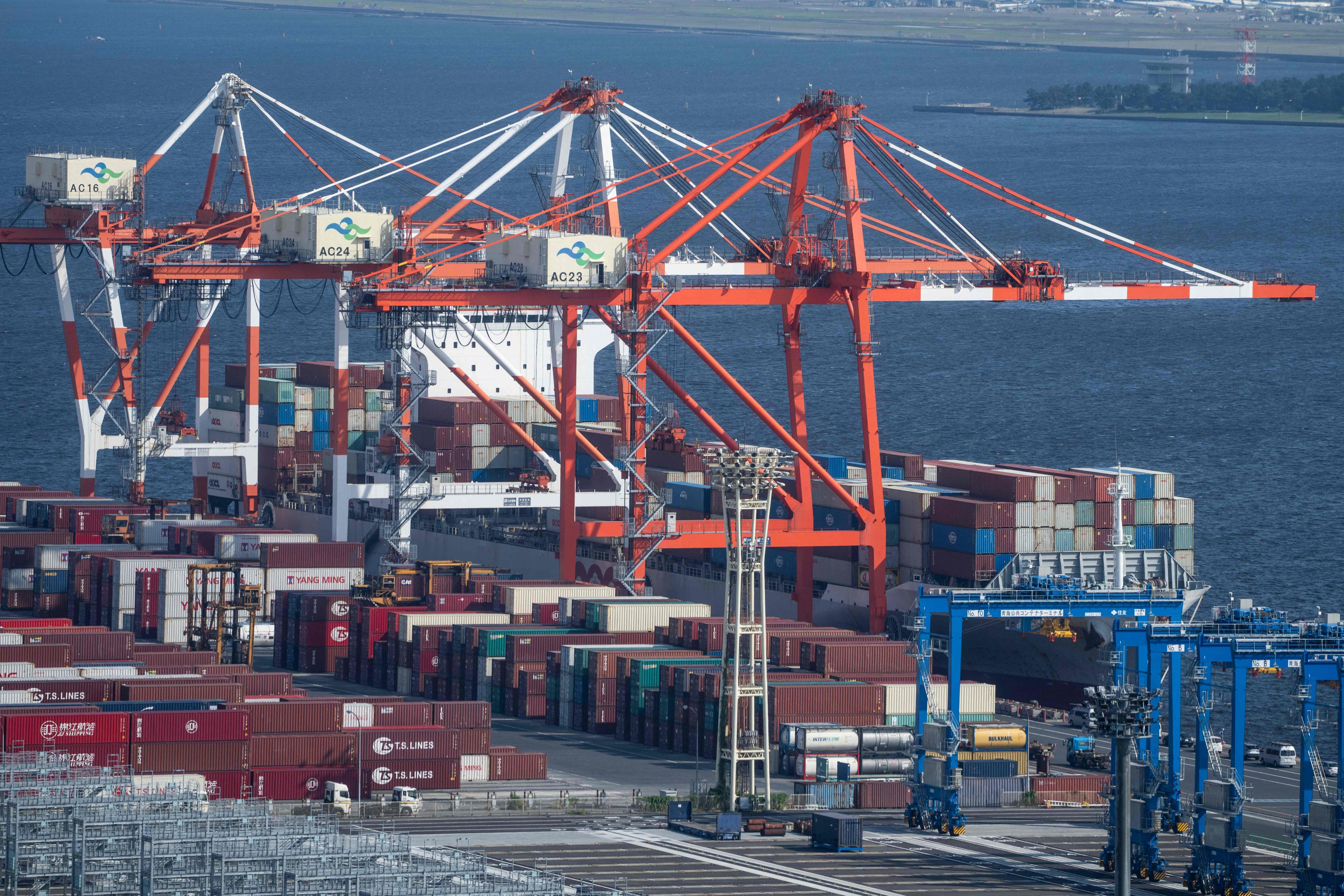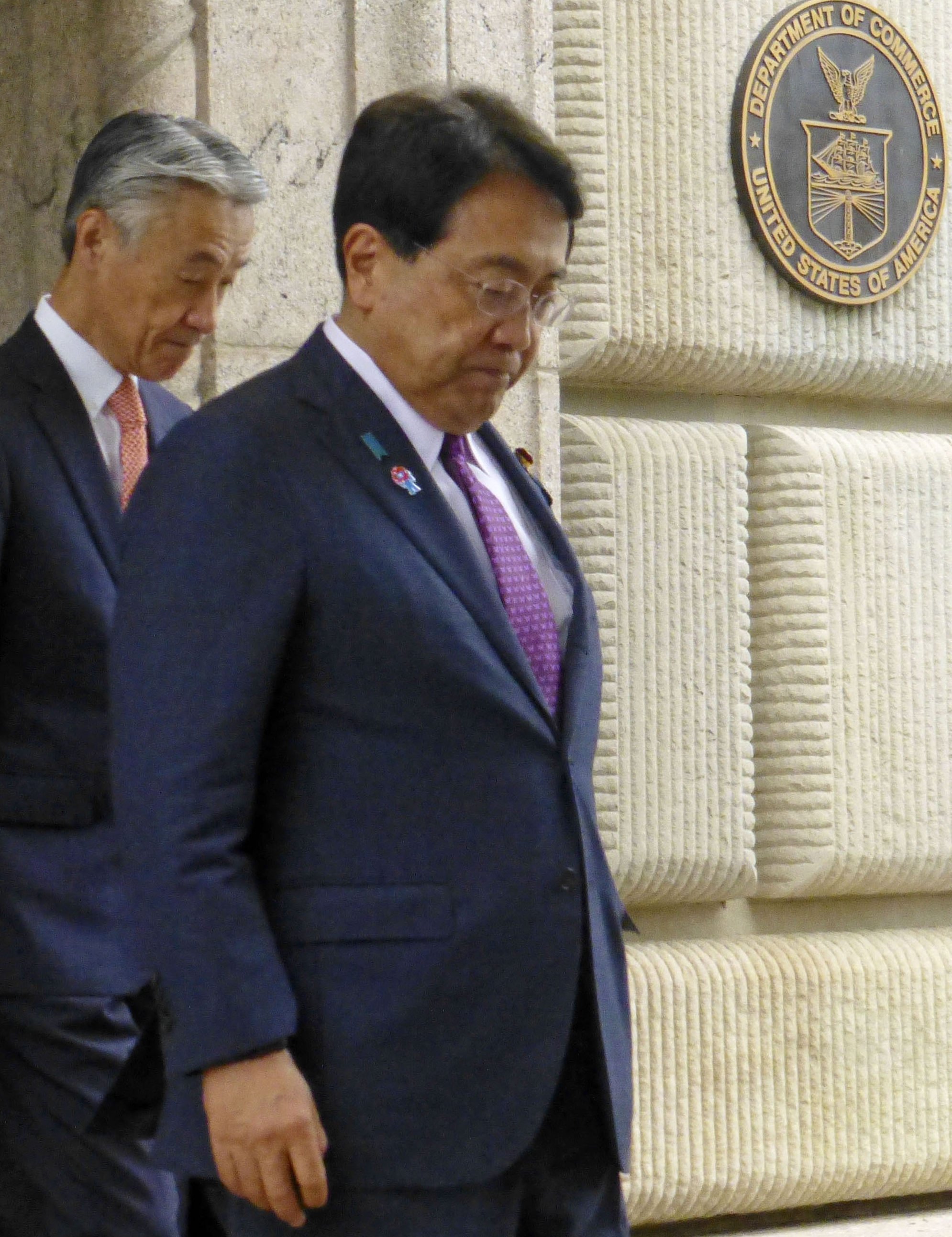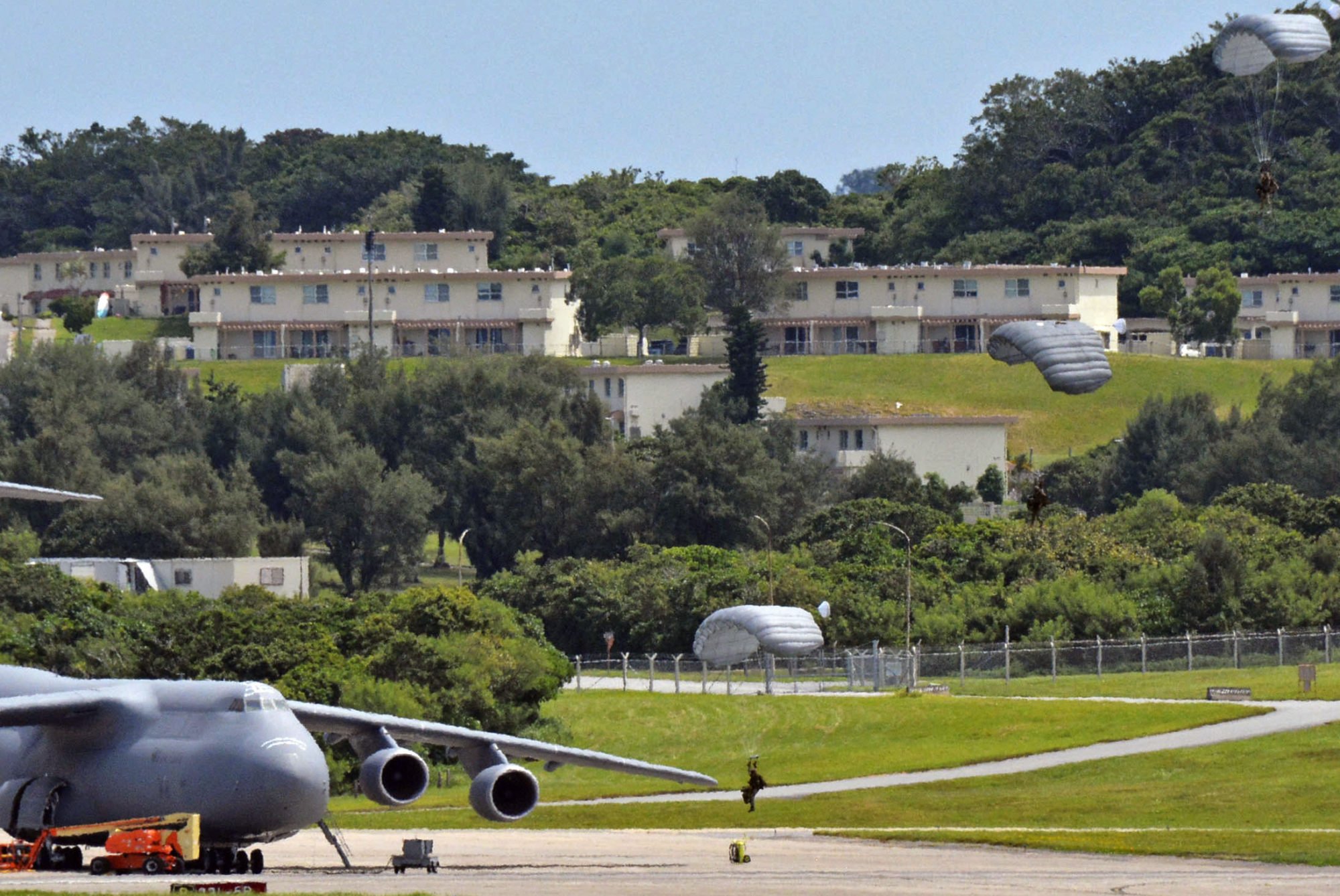Japan braces for Trump’s tariffs as 90-day pause set to end
The Japanese are feeling ‘sad and betrayed’ at the US president’s treatment of a long-term ally, an observer says

With just days to go before the 90-day pause on steep US tariffs expires on Wednesday, Japanese policymakers and the public are growing increasingly frustrated over stalled negotiations and what one observer described as the “sheer capriciousness” of President Donald Trump’s escalating trade threats.
Tokyo’s scramble to secure an agreement before next week’s deadline comes amid growing concern that the window for diplomacy is narrowing, with many US officials away for the Independence Day holidays.
While Japanese officials prepare for an eighth round of ministerial-level talks in Washington over the weekend, critics say Trump’s hardline tactics are already testing the limits of trust between the two allies – and may ultimately prompt a broader rethink in Japan over how it manages both its economic and security partnerships.
“The Japanese government has done all that it can in its talks on tariffs with the US and to give more would just weaken our economy to a dangerous point,” Japanese businessman Ken Kato said.

Kato, who owns a company that trades internationally, describes himself as a conservative and was initially supportive of Trump’s return to the White House.
“The Trump administration just seems determined to ‘win’ at all costs, even when that means harming a country that has been nothing but supportive of US policies for nearly 80 years,” he told This Week in Asia.
“I do not see what more Japan can give, but I also believe that the pressure [Trump] is putting on a close ally will be counterproductive over the long run. I understand that Trump is ‘America First’, but no country in the world can do everything alone now and the US will need Japan and other countries in the future.”
Trump told reporters on Thursday that letters detailing new tariff rates would begin going out on Friday. Earlier in the week, he expressed frustration over Japan’s reluctance to open its market further – particularly to US-grown rice – and said he was considering a 35 per cent tariff on all Japanese imports.
Japan, in return, is trying to convince Trump not to impose additional tariffs on imports of Japanese vehicles. The president has previously indicated he will hike the rate from 2.5 per cent at present to 27.5 per cent – a figure that would cause serious harm to the industry in its most important overseas market.
In a bid to prevent that outcome, the Japanese government said on Thursday that economy minister Ryosei Akazawa was preparing to return to Washington over the weekend. But expectations are low, with time running out and little indication that Trump’s negotiators are prepared to compromise.
“It appears Japan will fail to reach an agreement, but so many other countries will also fail,” said Michael Cucek, a professor of politics and international relations at the Tokyo campus of Temple University.
“Japan has done what it could and tried to deal with Washington’s requests. But the US has been hostile and shown sheer capriciousness by changing positions, adding demands and causing further damage.”
That was on display in an earlier round of talks, he pointed out, when the US side announced that it would also be demanding that Japan spend 5 per cent of its gross domestic product on defence. The Japanese delegation cancelled the talks.
“The Japanese government has the good sense not to get into a bidding war on that occasion,” Cucek said.
‘Time for Americans to learn a lesson’
With time running out, ordinary Japanese people agree that there is little more that can be done and that the US is only damaging itself.
“It is time for the American people to learn their lesson,” said a post linked to a Jiji Press story about the looming tariffs. “If they decide to cut taxes using something as unsustainable as tariffs as the source of funds, it’s obvious that the country will not be able to operate. This is a country that is not being run properly.”
Another post suggested that the obvious response would be for Japan to form a free trade system that excluded the US or return the pressure on Washington by threatening to sell off some of the US$1.1 trillion that Tokyo holds in US treasuries.
Others pointed out that even if more US-made cars were available in Japan, another key demand of Washington, they would still be unpopular as they consumed far more fuel than Japanese vehicles and were typically large, making them unsuitable for many roads in the country.

“It is too dangerous for Japan to depend on the US for security, our economy and our diplomatic positions,” wrote another user. “We should respond to Trump’s tariffs without compromise and if high tariffs are imposed, Japan must reply with retaliatory tariffs.”
Anticipating that the US president might feel that he had a trump card with the US troops deployed in Japan to counter the growing threat posed by China and North Korea, the commenter added that there was no guarantee that this US administration would come to Japan’s help in any case and that the money saved on hosting US troops could be invested in more formidable domestic defence capabilities – including nuclear weapons.
“I think a lot of Japanese people feel sad, feel betrayed. I do not think Trump and the people around him fully understand the importance of this alliance with Japan and how we have been a good partner,” Kato said.
“I hope this crisis can be avoided, of course, but if he does go ahead with the tariffs next week, then we will just have to endure and remember that this US government will not last for ever.”